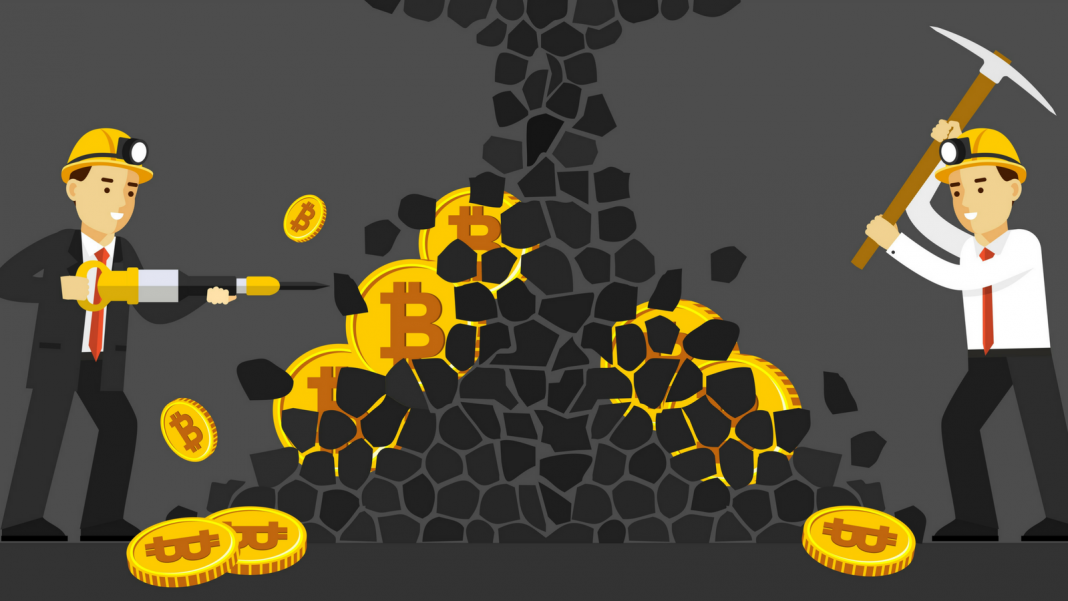
But its production consumes dizzying quantities of electricity. To some people, Bitcoin - the most valuable and well-known of the 10,000 or so currently circulating cryptocurrencies - is nothing more than a pyramid scheme to others, it represents the future of money: decentralized, unregulated, and tracked on a virtual ledger in the digital cloud that everyone can inspect, known as a blockchain. “He literally told us,” Sawicky says, “that he was coming to exploit our resources.” “You can pay a lot to bring power somewhere. “The Navarro Switch!” he said, referring to part of the 192-mile, 345-kilovolt transmission line that moves power from West Texas to eastern parts of the state, where demand is high.


When someone in the audience asked Harris what drew him to Corsicana, the seat of Navarro County (pronounced “Nah-verr-o” in local parlance), he answered without hesitation. Riot already operates the largest Bitcoin mine in the country in Rockdale, Texas. READ MORE: Landmark bill to limit energy-intensive cryptomining passes New York Legislature “We’re coming to Corsicana to build the largest in the world,” Harris announced, describing the four-building, 400,000 square-foot complex that will occupy 265 acres with number-crunching machines. Bald and comfortably plump, Harris wore a suit jacket and open-collared shirt over blue jeans and delivered his message with the verve of a motivational speaker. The featured speaker was Chad Everett Harris, the upbeat executive vice president of Riot Blockchain, a Bitcoin mining company based in Castle Rock, Colorado. The first time Jackie Sawicky learned that a Bitcoin mining operation was coming to Corsicana, a rural Texas city 60 miles south of Dallas, was on April 27, when she happened upon a Facebook video of a meeting at the local public library.


 0 kommentar(er)
0 kommentar(er)
